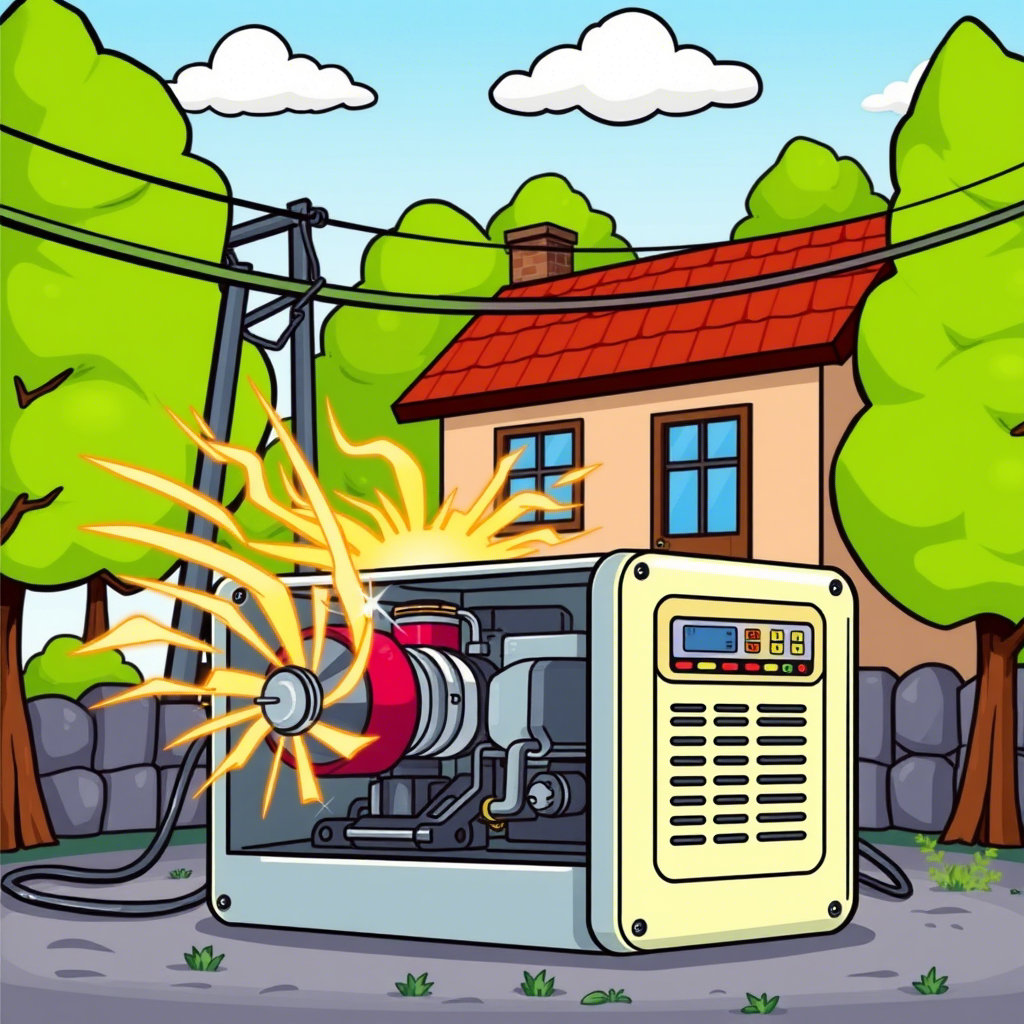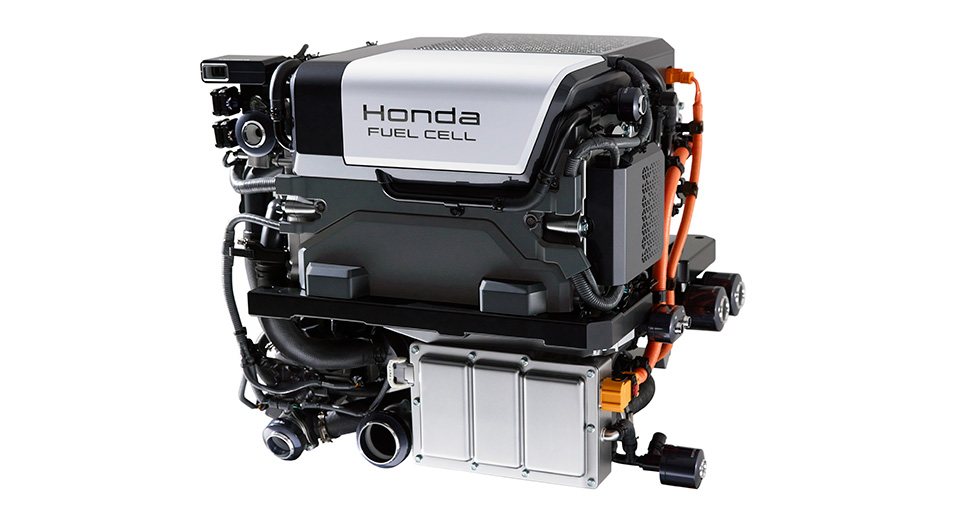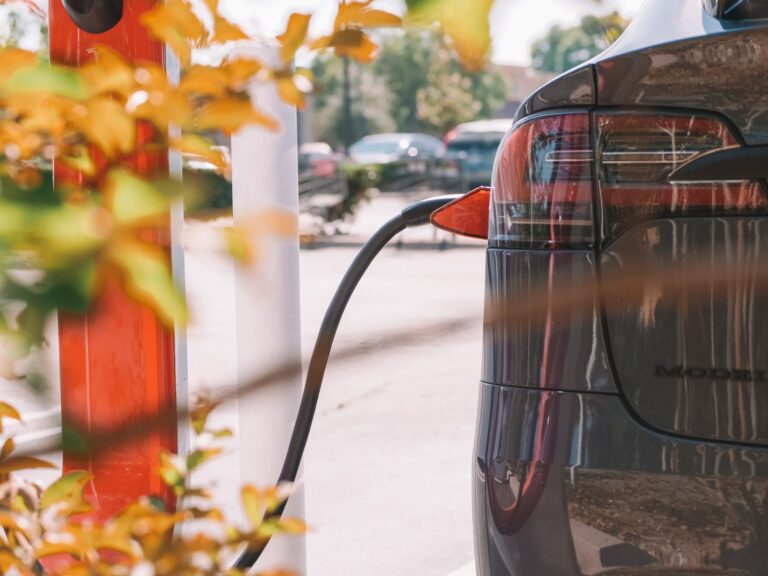How Long Can a Generator Run Continuously?
Generators are indispensable for ensuring uninterrupted power during outages or in remote locations where grid electricity is unavailable. But one critical question often arises: How long can a generator run without stopping?
The answer depends on a range of factors including generator type, fuel capacity, engine load, cooling mechanism, and maintenance frequency. This guide breaks down the runtime expectations for different types of generators, supported with tables and practical insights.
1. Portable Generators
Portable generators are small, mobile power units often used for temporary needs such as home backup, camping, and on construction sites. Most models are powered by gasoline, propane, or diesel.
Typical Runtime of Portable Generators
| Fuel Type | Average Runtime | Fuel Tank Size | Notes |
|---|---|---|---|
| Gasoline | 6–12 hours | 3–8 gallons | Shortest runtime; needs frequent refueling. |
| Propane | 8–20 hours (20 lb tank) | Varies by tank size | Cleaner burn, longer storage. |
| Diesel | 10–24 hours | 4–10 gallons | More efficient under heavy loads. |
Key Factors Affecting Runtime:
- Fuel Type: Propane lasts longer than gasoline and doesn’t degrade over time.
- Load Conditions: Running at 50% load doubles the runtime compared to full load.
- Tank Capacity: A larger tank can mean more hours, but adds weight and size.
Example:
A 5,000-watt gasoline generator running a refrigerator, lights, and a few gadgets may last 10 hours on a 6-gallon tank. But if it’s running an AC unit and heater, that time may shrink to 4–6 hours.
2. Standby Generators
Standby generators are permanent fixtures that kick in automatically during a power outage. These are ideal for homes or businesses requiring seamless electricity, and they often run on natural gas or propane, connected directly to utility lines or large tanks.
Standby Generator Performance Overview
| Fuel Type | Continuous Runtime | Maintenance Interval | Common Use |
|---|---|---|---|
| Natural Gas | Unlimited* | Every 100–200 hours | Home/Business Backup |
| Propane | 200–500 hours/tank | Every 100–200 hours | Rural Homes |
*Unlimited runtime is possible with a utility gas connection, assuming proper oil and filter changes.
Recommended Practices:
- Most manufacturers suggest shutting down the generator after 24–72 hours of continuous use to perform oil changes and checks.
- A well-maintained standby generator can run up to 3,000 hours over its lifetime.
Maintenance Tip:
Set up a weekly self-test to keep your standby unit ready and identify issues early.
3. Diesel Generators
Diesel generators are the workhorses of industrial and commercial operations. They are built for long-haul performance, often running for days with minimal interruption when adequately maintained.
Diesel Generator Runtime Comparison
| Size / Capacity | Typical Runtime (Per Fill) | Continuous Operation | Fuel Efficiency |
|---|---|---|---|
| Small (5–15 kW) | 24–48 hours | Up to 500 hours (with maintenance) | Moderate |
| Medium (15–100 kW) | 48–72 hours | Up to 1,000 hours | High |
| Large (100–500 kW+) | 72–100+ hours | Thousands of hours | Very High |
Key Considerations:
- Most diesel generators can run continuously for up to 500 hours (21 days) before requiring a full maintenance shutdown.
- Diesel engines thrive under heavy load, but idle running can lead to “wet stacking” (engine damage from unburnt fuel).
4. Energy Storage & Hybrid Systems
With rising energy demands and sustainability concerns, many setups now include battery storage and renewable sources alongside generators.
Hybrid Generator + Battery Integration Benefits
| Component | Role | Impact on Generator |
|---|---|---|
| Battery Storage | Stores excess generator output | Reduces runtime and fuel usage |
| Solar Panels | Generates daytime electricity | Offsets generator use entirely |
| Inverter System | Switches between sources seamlessly | Improves efficiency |
Battery Storage Runtimes
| Battery Capacity | Estimated Backup Time | Best Use |
|---|---|---|
| 5 kWh | 3–5 hours (light load) | Emergency lighting, laptops |
| 10–20 kWh | 10–24 hours | Household essentials |
| 100+ kWh (industrial) | 2–5 days | Server rooms, clinics |
5. Best Practices for Extended Generator Use
To ensure optimal and safe operation during continuous usage, apply these best practices:
| Practice | Benefit |
|---|---|
| Monitor Fuel and Oil Levels | Prevents engine seizure or unexpected shutdowns |
| Balance Load Distribution | Avoids overload and enhances lifespan |
| Regular Maintenance | Keeps parts clean and functioning |
| Cool Down Cycles | Prevents overheating during multi-day use |
| Use Stabilizers in Fuel | Reduces residue and clogs, especially in gasoline |
Conclusion
The ability of a generator to run continuously depends on its type, fuel source, load, and maintenance routine. Here’s a summary of expected runtimes:
| Generator Type | Fuel | Continuous Runtime (Approx.) | Best For |
|---|---|---|---|
| Portable | Gasoline/Propane | 6–20 hours | Camping, emergency use |
| Standby | Natural Gas | 24–72 hours (unlimited with NG) | Homes, small businesses |
| Diesel | Diesel | 24–100+ hours per fill | Industrial, commercial |
| Hybrid | Mixed | Up to 100 hours with storage | Sustainable backup systems |
By selecting the right generator and maintaining it diligently, you can secure dependable power for any situation—from a few hours of blackout to weeks of continuous use.



